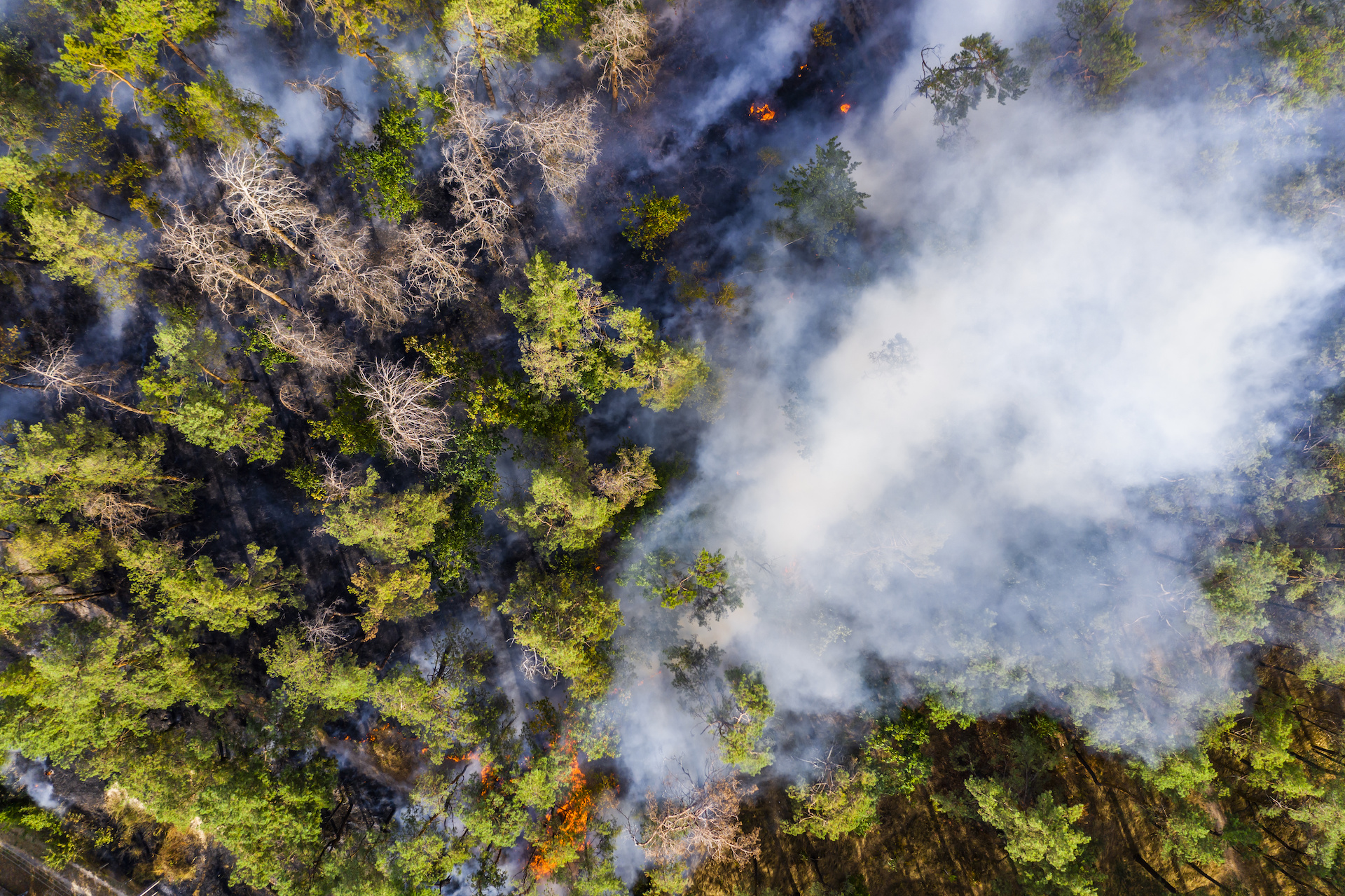Editor's Note, December 2020
Written by Marian Starkey, Vice President for Communcations | Published: December 14, 2020
Never have I been gladder to see a year end—2020 has been a doozy, to put it mildly. A global pandemic, racial unrest more heightened than we’ve seen in decades, and a West Coast set ablaze, in part, by pyrotechnics at a gender reveal celebration. This year has been tragic, infuriating, and embarrassing.
I’d love to be able to say, “Despite all that, we survived,” but, sadly, many of us did not. The hostility toward science that the outgoing presidential administration has proudly displayed has played a part in prematurely ending the lives of more than 230,000 Americans, many of whom—with better leadership—wouldn’t have been exposed to COVID-19 in the first place.
Starting fresh in January with a president who is committed to ending the Global Gag Rule, rejoining the Paris Climate Accord, and tackling the coronavirus pandemic gives me hope that we can get our country and its priorities back on track before too many more lives are lost.
This issue of our magazine looks at the devastating wildfires that have ripped across the American West since late July. We can’t directly blame Donald Trump and his political goons for the devastation wrought by the wildfires in California, Colorado, Oregon, and Washington these past four months, but this administration has undercut progress at every turn. It’s going to take considerable political will to reduce our emissions and slow climate change, to prevent development in dangerous wildland–urban interface (WUI) regions, and to slow our population growth so that such development isn’t even a consideration.
As you’ll read in the two feature articles in this issue, population growth in fire-prone states is responsible for sprawling development into areas that should never have been inhabited by people. Our buildings create kindling for wildfires, making even those that start through no fault of our own—each year, tens of thousands of fires are started by lightening strikes—worse. And once people live in WUI regions, forest management and wildfire containment become much more difficult, leading to burns that rage out of control for months, displacing and killing people, pets, livestock, and wildlife.
State-level population growth happens through births, internal/domestic migration, and immigration. Some people think we should increase all three, environmental consequences be damned. Matthew Yglesias, author of One Billion Americans, is one such person. He believes that we need more population growth in order to remain the world’s number one superpower. Fearing that China is going to overtake us because its population of 1.4 billion is more than four times the size of ours, he wants the U.S. to aim for a billion people living in skyscrapers across the Rust Belt. I reviewed his very silly book on page 14.
As this dreadful year winds down, I’d like to propose a toast to better times ahead. To a return to respect for science, established facts, and expert opinions. To an end to harmful policies like the Global and Domestic Gag Rules that contribute to unintended pregnancy and the population growth and poor health outcomes that result. To a commitment to reducing our greenhouse gas emissions in order to keep the planet’s rising average temperature below the level that scientists say is the threshold for permanent devastation. And to a sense of care and concern for our fellow humans and the other species that share this planet. Cheers to a new year and a new America.
Marian Starkey
marian@popconnect.org

